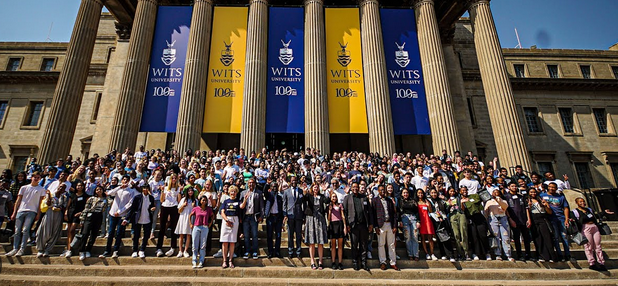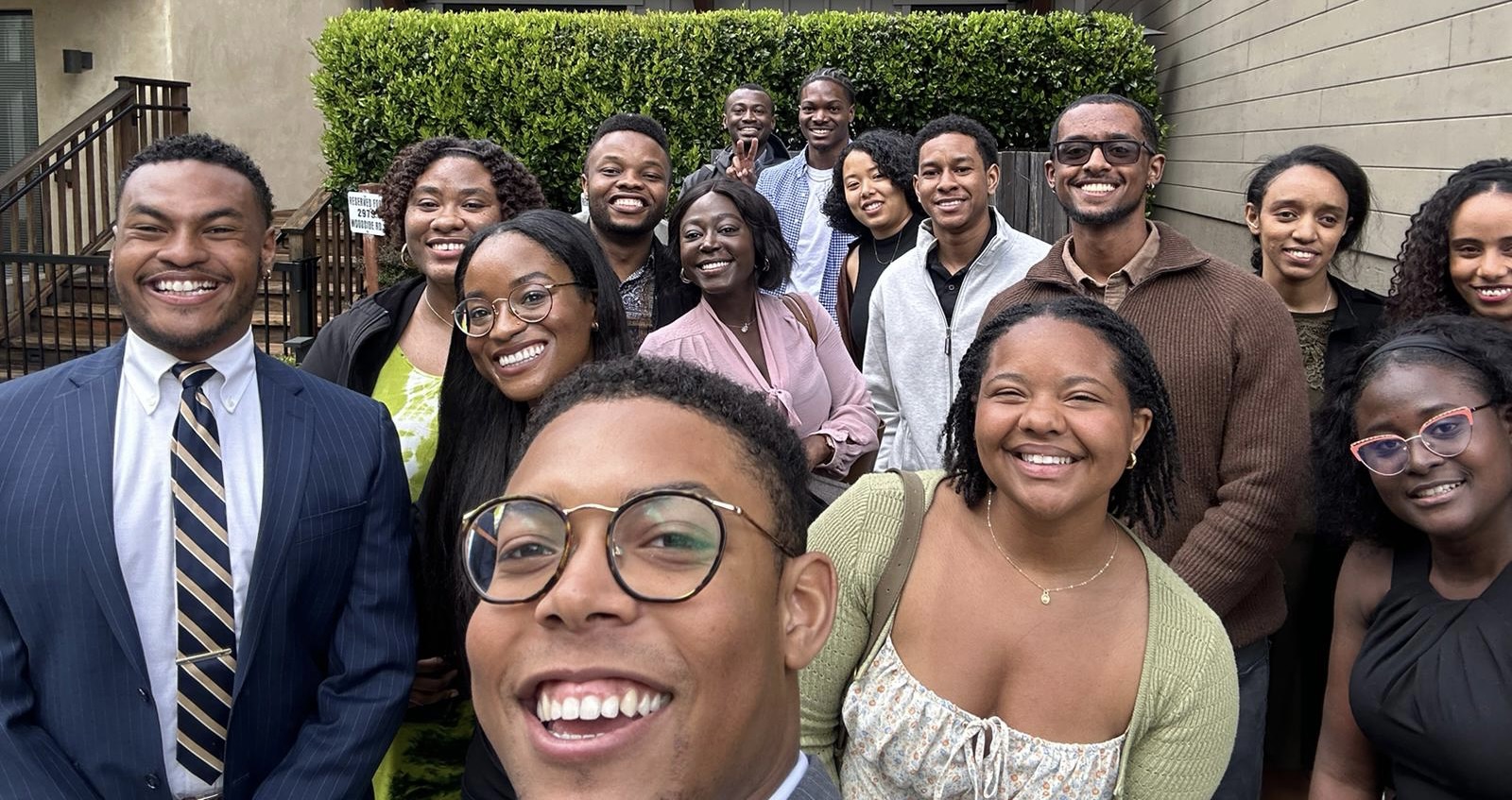Photo: NYCLU
At the peak of the COVID pandemic, New York City schools were shuttered and online learning became the only option for the City’s nearly one million public school students.
This extremely tough situation was even more difficult for the hundreds of thousands of students who lacked access to a computer that would allow them to attend school virtually. To remedy this problem, the City sent over 500,000 iPads and other devices to homes across the City to allow kids to continue their education and have at least some connection to their teachers and fellow students.
Now there is reason to believe those same devices that served as a lifeline in a time of crisis could have software on them that records students every digital move. The software could even be used to surreptitiously collect video or audio recordings, without the knowledge or consent of students or their families.
Sometime this year, the City’s Department of Education signed a contract with education software company GoGuardian, one of several tech companies that tout their ability to monitor online student activity. There is no publicly available information about the agreement between GoGuardian and the DOE, or about the capabilities of the specific software the DOE has procured.
What we do know is GoGuardian offers a suite of products that can monitor and block all activity on a device, track device locations, access cameras, and give the DOE an overwhelming degree of control over devices and students’ lives both during and after school hours.
Controversy erupted last year after parents in Chicago raised concerns that the GoGuardian software used by public school students allowed teachers to see inside students’ homes. Cameras on their devices were sometimes rolling even if students hadn’t granted permission for them to start recording.
While GoGuardian markets this technology as a way to keep kids safe, it may also use untested algorithms and biometric monitoring to track student behavior and that could lead to students getting unfairly punished. Last year, lawmakers passed a law that bars the use of biometric technology in schools, though there is some evidence certain school districts are ignoring this ban.
The tools GoGuardian provides put students under constant surveillance, and limit their freedom to communicate, express themselves, and research. For LGBTQ students, it could also lead to being outed or exposed to parents, staff, and administrators by exposing their private messages and internet searches.
These invasive capabilities are more likely to impact low-income students of color, whose families often rely upon these devices disproportionately and use them as primary devices at home.
Yesterday the NYCLU filed a Freedom of Information Request with the DOE to determine what GoGuardian software it’s using, what information is being collected, how the DOE is paying for the technology, and what safeguards, if any, are in place to protect students’ privacy.
Though in-person school is back in session, thousands of students are still using DOE-provided technology in their homes. These devices should be tools to help students learn, not surveillance mechanisms deployed to scoop up personal information.
The DOE should also be much more transparent about why it’s working with GoGuardian and what this partnership means for students. We shouldn’t have to FOIL for this basic information. It should be proactively disclosed so that families are informed and students’ privacy and safety are protected.
The pandemic increased students’ reliance on technology, but this trend won’t fade even after the pandemic has subsided. We have to make sure that ubiquitous surveillance – particularly of students of color – does not become the norm. To do that we need robust oversight from both the City and State education departments and comptrollers to block and regulate technologies that violate student privacy.
The DOE also needs to know how teachers and faculty are using these tools, so it can work with them to address students’ social-emotional needs through restorative approaches, not surveillance.
We need to empower parents to reject high-tech surveillance as a new normal and a given byproduct of a remote or hybrid education. Schools should be places where students are free to be curious, learn, and express themselves, and school moving online does not justify the introduction of 24/7 student surveillance.











